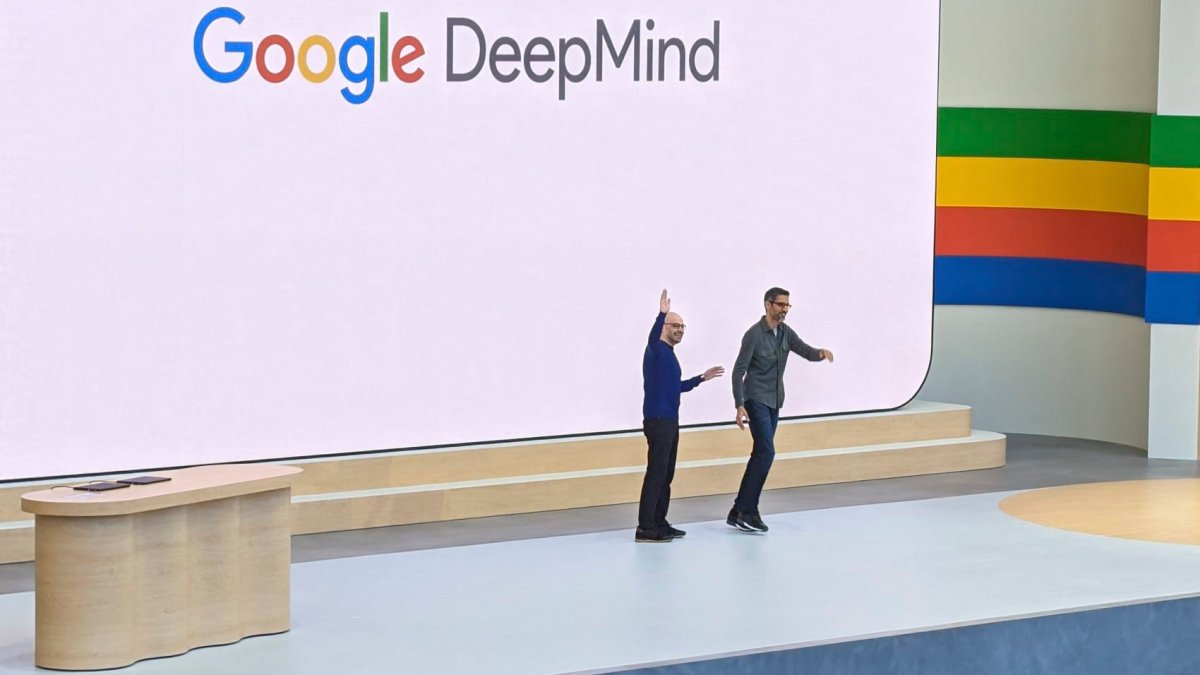DeepMind Announces Plans to Utilize AI Models for Physical Robots

Google DeepMind’s New AI Models for Robotics
On Wednesday, Google DeepMind introduced two advanced AI models tailored for the field of robotics: Gemini Robotics and Gemini Robotics-ER. Both of these models operate on what Google describes as its "most capable" AI platform to date, Gemini 2.0. This development signals a notable step in integrating artificial intelligence into physical tasks performed by robots.
Collaboration with Apptronik
Google has established a partnership with Apptronik, a robotics company based in Texas. Together, they aim to develop the next generation of humanoid robots utilizing the capabilities of Gemini 2.0. Apptronik has an impressive background, having collaborated with well-known organizations like Nvidia and NASA. Recently, the company secured a significant investment of $350 million, with Google participating in this funding round, demonstrating its commitment to advancing robotics through AI technology.
Demonstrations of AI Capabilities
In various demonstration videos, Google showcased Apptronik’s robots powered by the new AI models. These robots performed tasks such as:
- Plugging devices into power strips
- Packing lunchboxes
- Moving plastic vegetables
- Zipping up bags
These activities were executed in response to verbal commands, indicating the responsiveness and efficiency of the AI in controlling robotic actions. However, Google has not disclosed a specific timeline for when this technology will be commercially available.
Essential Qualities of AI in Robotics
Google emphasizes that effective AI models for robotics must exhibit three essential characteristics:
- General Adaptability: Robots must be able to adapt to different environments and situations.
- Interactivity: They should quickly understand and respond to instructions or changes in their surroundings.
- Dexterity: The robots need to demonstrate fine motor skills akin to those of humans, enabling them to manipulate objects deftly and carry out various tasks.
Focus on Extended Reasoning
The Gemini Robotics-ER model is specifically designed as a platform for robotics developers, allowing them to train their own custom models. This extended reasoning functionality will be made available to select partners, including Agile Robots, Agility Robotics, Boston Dynamics, and Enchanted Tools.
The Landscape of AI in Robotics
Google’s efforts are part of a broader trend in the robotics industry that includes participation from various tech giants. For instance, OpenAI recently invested in a startup named Physical Intelligence, which focuses on developing large-scale AI algorithms for robot applications. In conjunction with this, OpenAI has enhanced its team by hiring experts from other leading technology firms, indicating a strong interest in integrating AI with physical technologies.
Tesla, too, is making strides in humanoid robotics with its development of the Optimus robot, showing how competitive and rapidly evolving this field is.
Google’s Vision for Robotics
According to Google CEO Sundar Pichai, robotics serves as a valuable testing ground for applying AI advancements in real-world scenarios. Pichai noted that the robots would leverage Google’s multimodal AI capabilities, enabling them to adapt dynamically to their surroundings. This continuous iteration and adaptation are crucial as the technology advances, ensuring that these robots can effectively assist in various tasks and enhance their operational efficiency.
Through these innovations and partnerships, Google DeepMind is poised to make significant contributions to the future of robotics, transforming how machines interact with the physical world and equipping them with intelligent capabilities.






